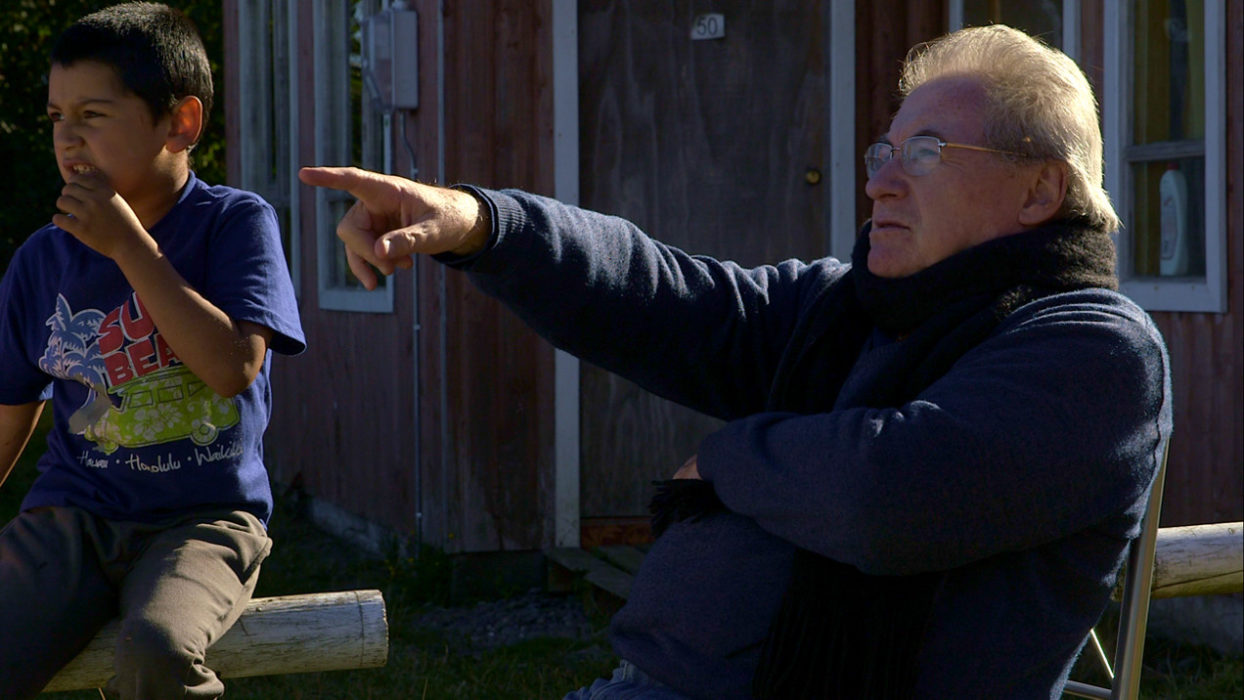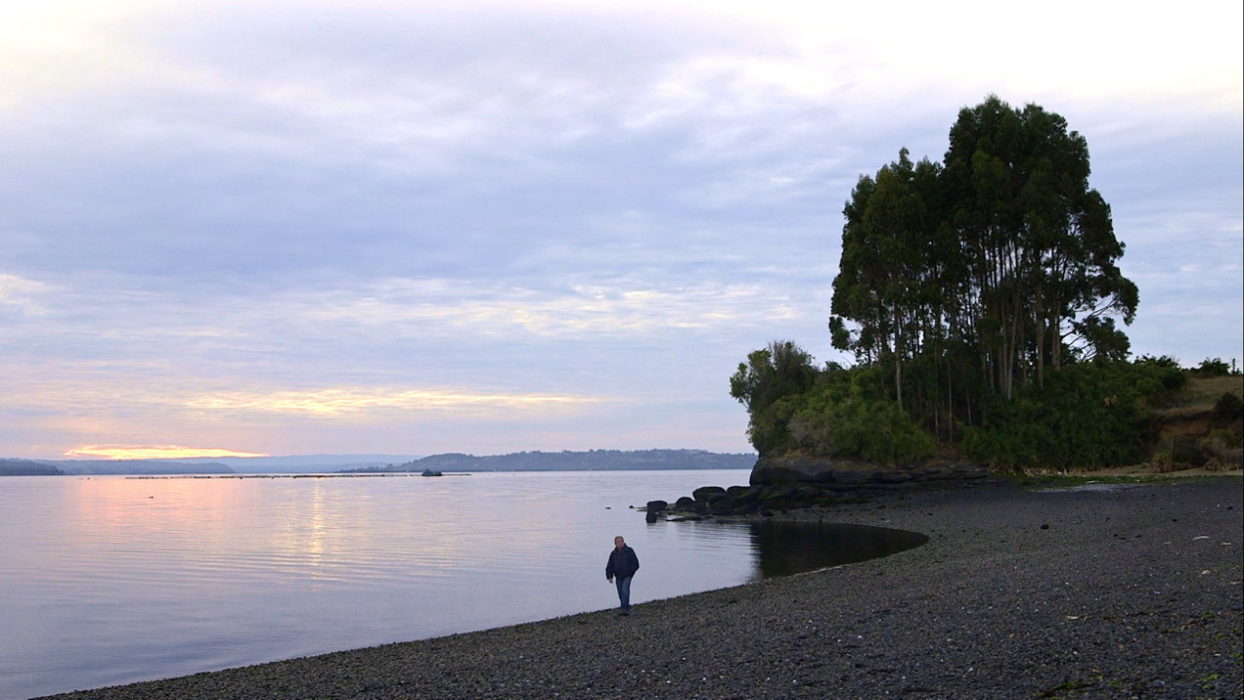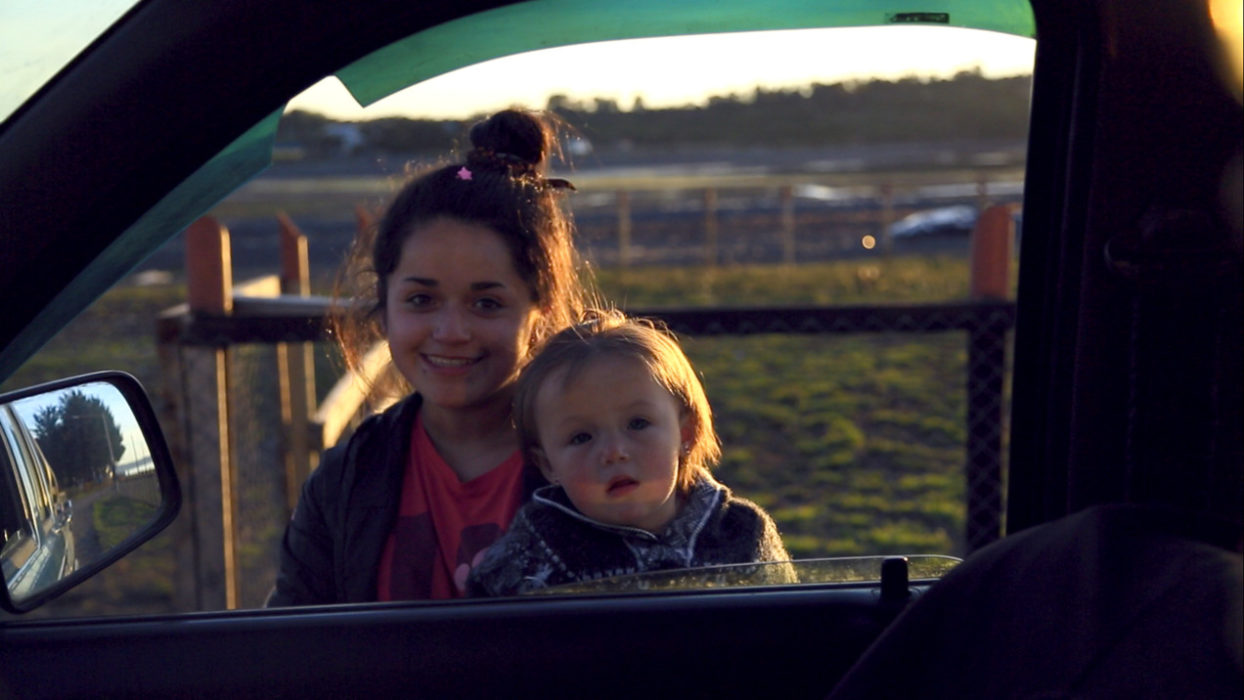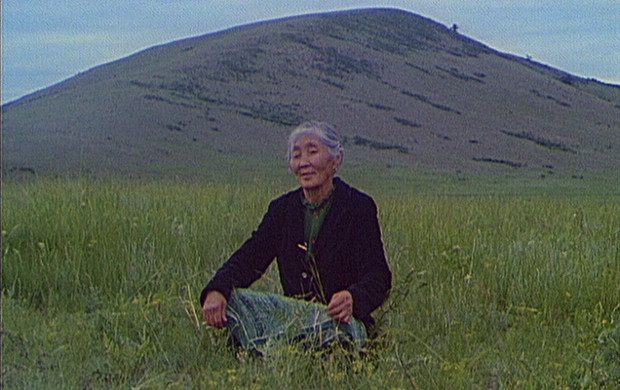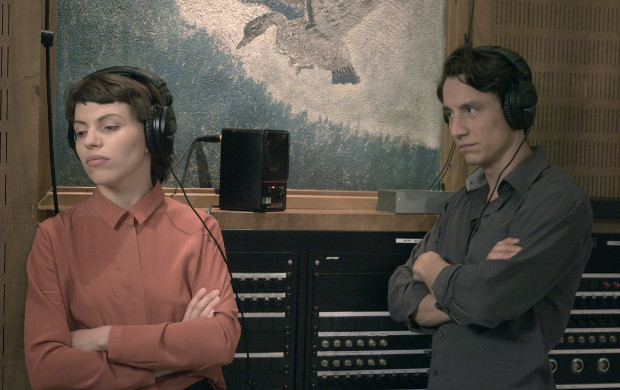El Viento sabe que vuelvo a casa
The Winds Know I´m Coming Back Home
- 2016
- Chile
- 103 minutes
- Spanish
Ignacio Aguëro (in competition at the 2013 Cinéma du réel with El otro día) sets out to meet the inhabitants of Chile’s Meulín Island to prepare a screenplay about the disappearance of a young couple – as an unverified local rumour claims. José Luis Torres Leiva takes this germ of fiction drawn from a real news item to rhyme his steps with theirs. He thus distends the ethnographic documentary by distilling a whole world of local life from ephemeral conversations. While the questions Aguëro puts to the young people auditioning for a role are direct and filmed frontally, Torres Leiva works obliquely, particularly when it comes to the relationship between the “indigenous” and “non-indigenous” islanders. The testimonies reveal a socio-ethnic divide within the territory: on one side is the centre, San Francisco, populated by natives, on the other, El Transito, whose residents descend from the colons. But just as a bridge links them together, the film’s two through-lines (casting and walking around) are permeable to one another, since the inhabitants encountered are as close to fiction as the would-be actors. This porosity even extends to objects: three basins for washing clothes then three dancing high-school students echo the three kettles on the fire… Like vanishing lovers, fiction has eloped with the documentary, evaporated into reality without even the tiniest theoretical crutch. (Charlotte Garson)
- Production : Globo Rojo Producciones
- Editing : José Luis Torres Leiva; Andrea Chignoli
- Sound : Claudio Vargas
- Photography : Cristian Soto
- Copy Contact : Globo Rojo Producciones
